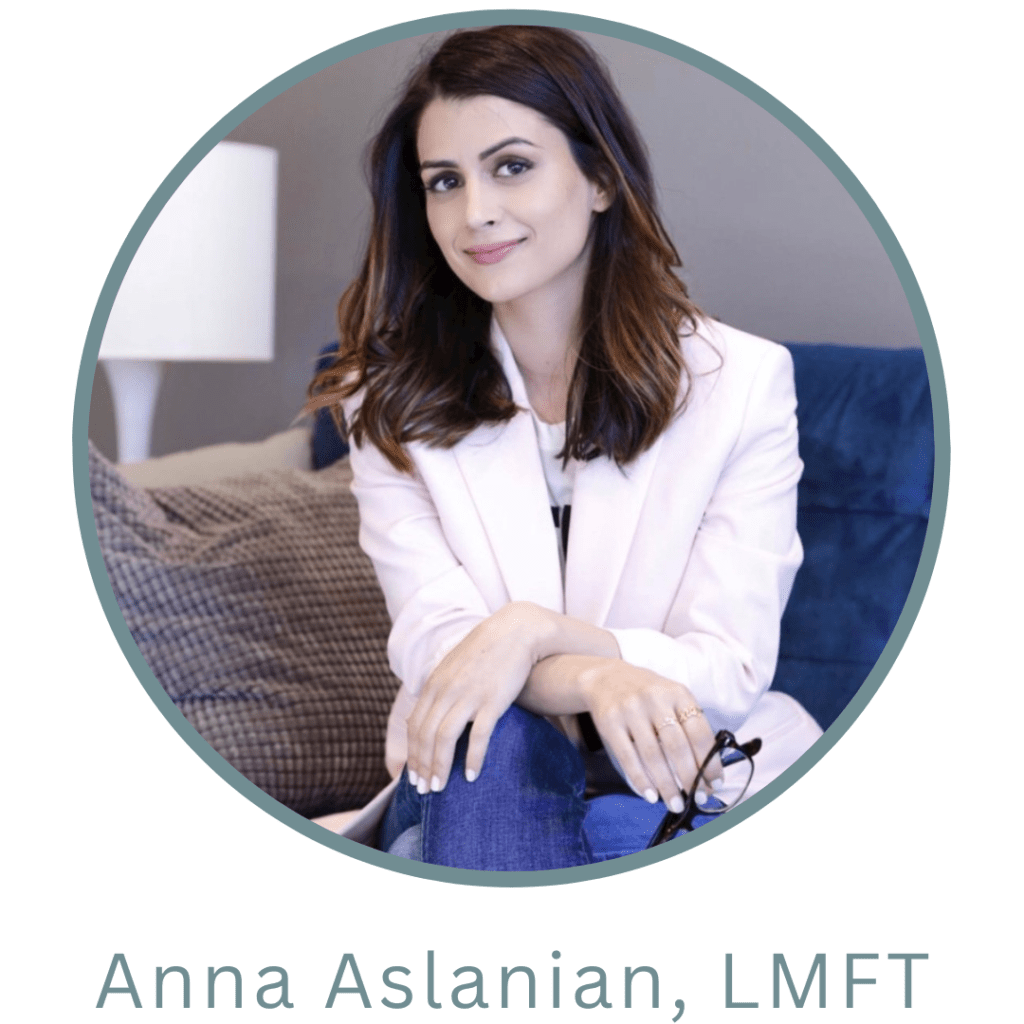
Did you know that how you form connections in adulthood is strongly dictated by how you formed connections in your childhood?
As children we learn how to connect from how our parents and caregivers connected to us. Attachment patterns are passed down from many generations back. Based on how your needs were met in childhood we form an attachment style. Let’s dive into how attachment styles can dictate our relationship dynamics in adulthood.

Attachment Styles
Attachment styles are formed when we are children and dictate how we interact as adults. Our attachment style dictates how we view relationships, if and how we get close to others, how we respond to conflict, our emotional availability, and how we connect with children. There are four main attachment styles: Avoidant, Anxious-Avoidant, Anxious, and Secure.
- AVOIDANT: You avoid close relationships (even if you are in a relationship) due to fear of being suffocated, dismissing potential partners as they come/avoiding getting closer in relationships.
- ANXIOUS-AVOIDANT: You are uncomfortable with intimacy and avoid getting close for fear that if you do, your partner might leave.
- ANXIOUS: You crave closeness but are unsure if your partner wants to be as close as you would like.
- SECURE: You feel safe within intimate relationships and can be autonomous and interdependent. You can connect and be vulnerable and be okay being alone.
Attachment styles: How do we get them?
Anxious and Avoidant Relationships
For Information and Support
The good news is, attachment styles can change over time. Healing traumas from childhood and getting to the root of your attachment style can help you transition from a more avoidant or anxious attachment over to a secure attachment in adulthood. Gottman Method couples therapy can also help you and your partner find the conflict in your relationship that is due to attachment wounds and deal with it in a healthier way.
Additional Resources:
Gottman Institute Article: https://www.gottman.com/blog/attachment-style-influences-success-relationship/



